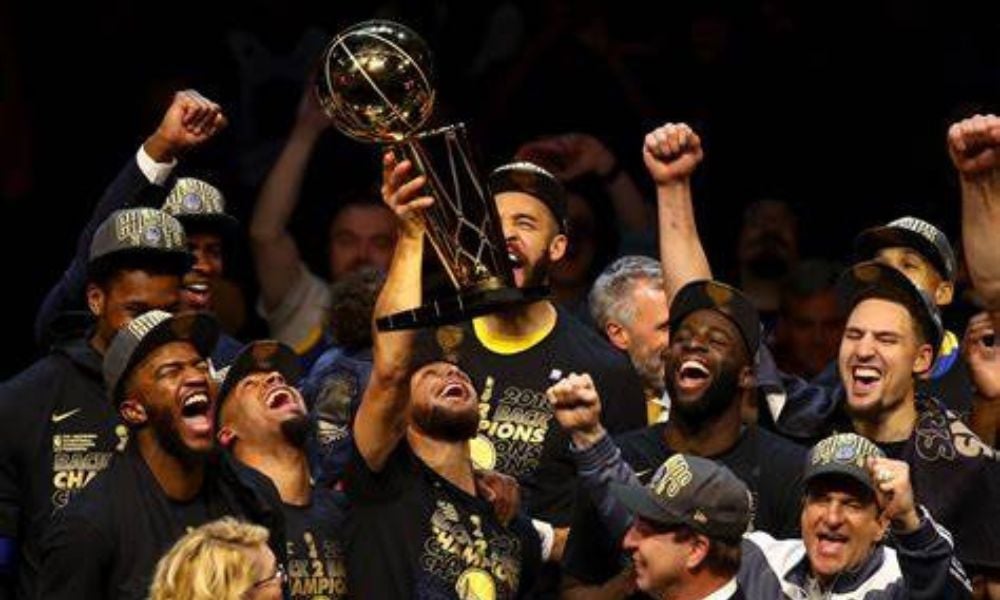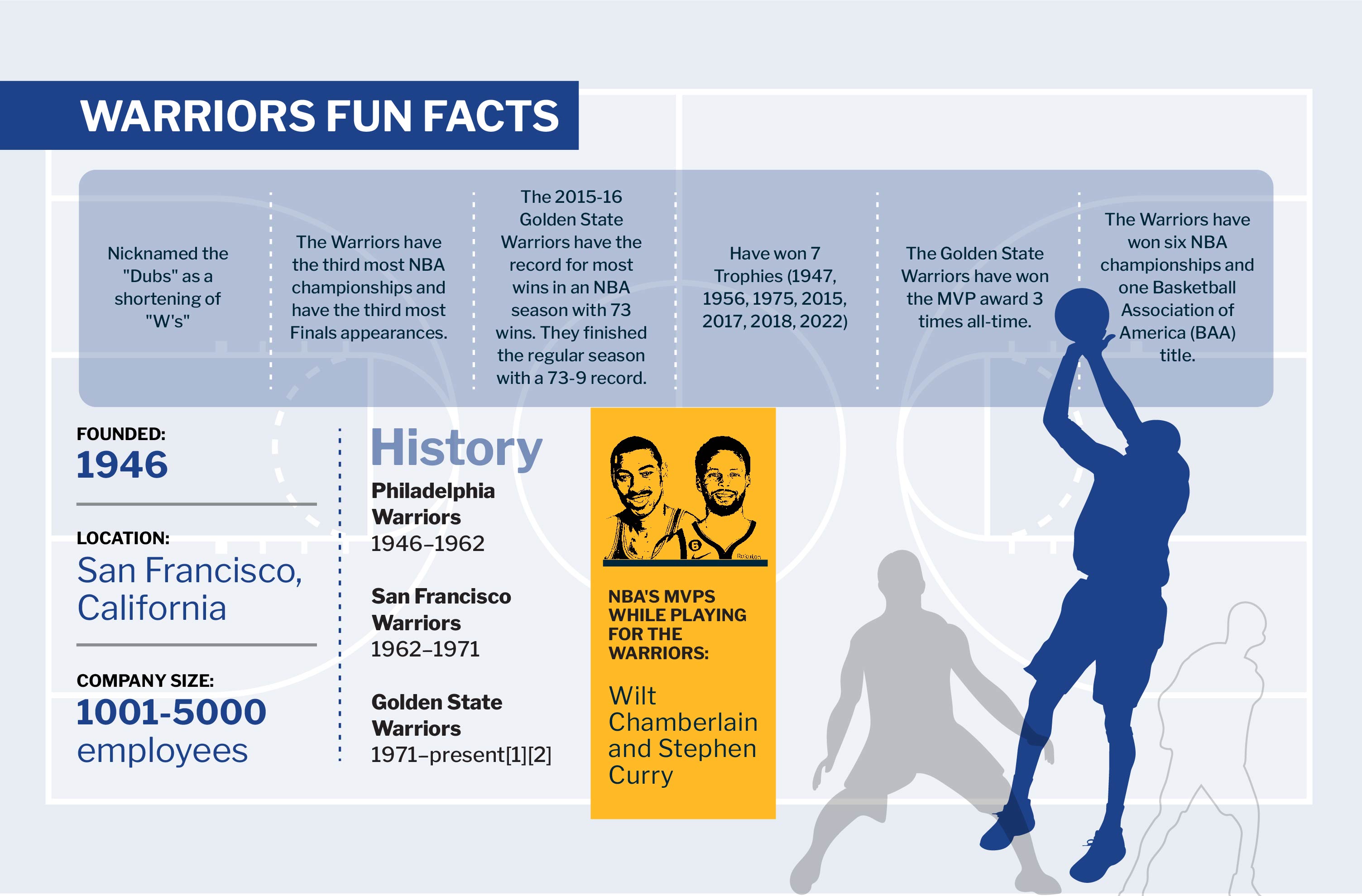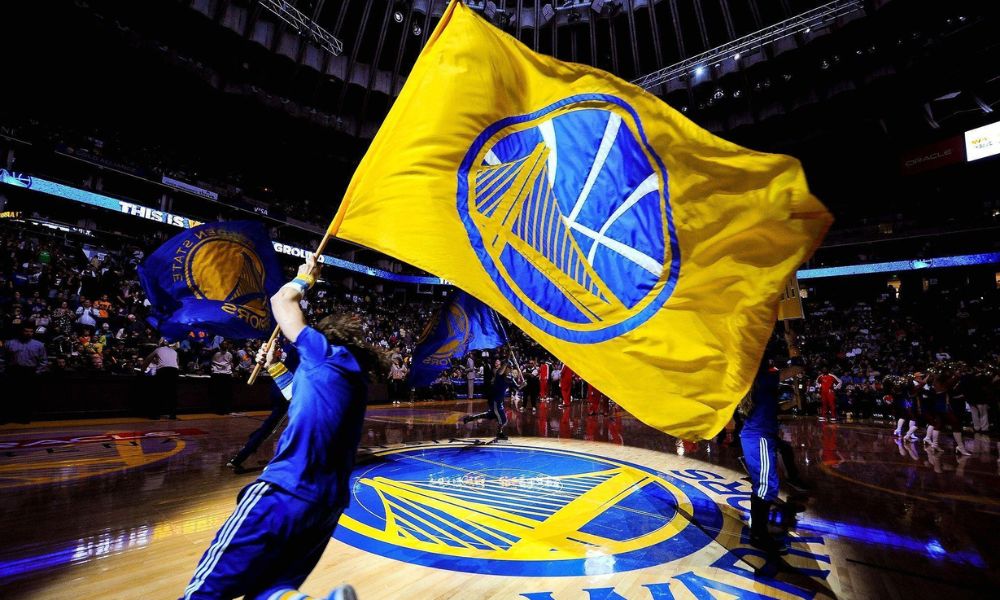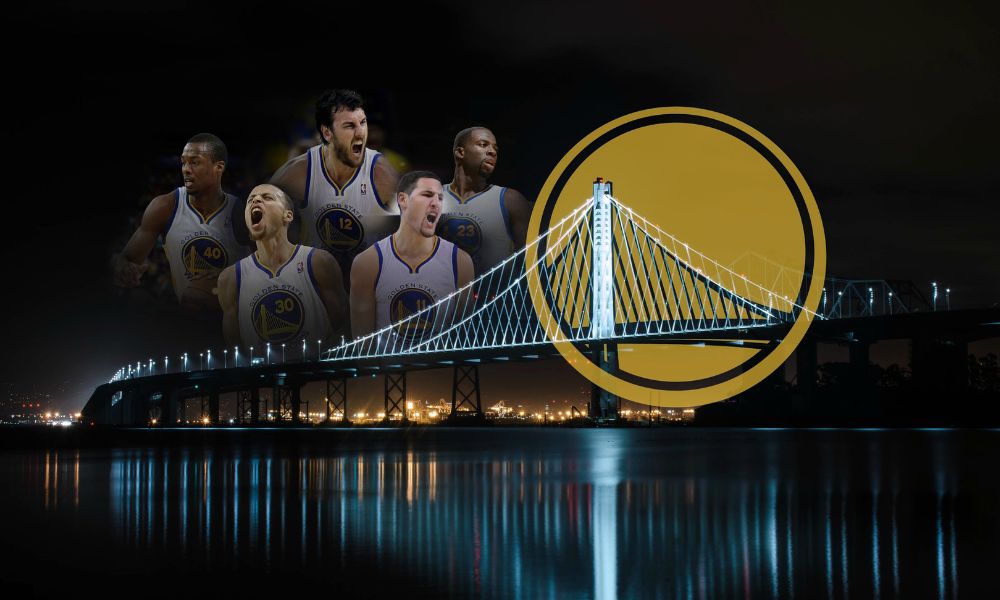
Erin Dangerfield's career in HR began unexpectedly – but it's thriving now

Initially, Erin Dangerfield graduated with a degree in economics and had plans to pursue a career in finance or banking. That was before an incident with a belt buckle made her consider relocating.
“I graduated with a degree in economics and went to work for a bank in Las Vegas,” she tells HRD. “Then one April I burned myself with a seat buckle and decided I couldn’t spend another summer in that heat. I gave two-week notice, packed up and moved back in with my parents.”
Now, as SVP of People and Culture for Golden State Warriors, it was a chance conversation with a family friend that inevitably lured her into HR.
“After I left Las Vegas I moved in with my parents,” she tells HRD. “My dad ended up running into an old friend who said they had a job for me. As the executive director of a non-profit, she asked me to take on a temporary HR assistant role – so I accepted, even if was just to get my parents off my back.”
As it turned out, HR was the dream career for Dangerfield.
“I loved it,” she says. “It’s the same sort of things that I loved about economics – this world were social science meets business. That was the start of my HR career and I’ve never looked back.”

Dangerfield continued to work for the non-profit organization, eventually transitioning to full-time employment and exploring other roles within various industries and the for-profit sector. The HR expert’s journey and subsequent experiences shaped her perspective and expertise in the field. Now, as the SVP of People and Culture for the Golden State Warriors, she brings a unique blend of economic understanding and business acumen to drive the sport’s team forward.
However, when she first applied to the Warriors she didn’t get the job on offer.
“They gave it to someone else,” she tells HRD. “However, that woman ended up leaving – so they called me up and offered it to me. I joined in 2019, just as we were on the run up to opening Chase Center and hiring thousands of part time employees.”
While Dangerfield’s role at the Warriors is pretty similar to other HR positions, but in a much more public space.

“We have the same challenges,” she tells HRD. “Such as how do we compensate people and motivate people – how do we develop and train our employees and so on. One on average day it’s very much the same. However, we also have players – they’re employees. We have esports players - professional gamers on our staff and there's obviously unique challenges that come with that. But for the most part, we're not dealing with a lot of issues from them. They represent a very small portion of our employee population and they have contracts that the basketball players do.”
Where the role differs, Dangerfield explains, is the publicity – the attention and eyes that’re constantly on the sport.
“Publicity is a big part of it and the amount of attention on the role. I think most HR people, if you go to a party and you say I work in HR, people tend to not want to talk too much about your job. But when you work for a professional sports team, there's a lot of interest in it. That took some getting used to.”
And when it comes to recruiting for this sports-mad field, there’s a lot of interest.

“We get a lot of people applying, and for the most part it's not people looking for tickets or access,” says Dangerfield. “People are interested in working in sports. There's not a lot of jobs in sports - so any role you advertise for there’s a lot of interest in. I think the main challenge for us is making sure people really understand the roles - because I think there's this idea of what the job is and the reality can look very different.”
And while Dangerfield says she loves her job, and that it’s incredibly rewarding, there’s long hours and hectic schedules too.
“You don’t know what it's going to look like,” she tells HRD. “Concert bookings happen, concerts get moved, you make the playoffs – or sometimes you don’t. There's an incredible amount of tension on the roles you're dealing with - large amounts of people coming in from all walks of life - and so a lot of times people don't really understand what the job entails. Our challenges are making sure that we're really clear with people and continue to get better about setting those expectations.”